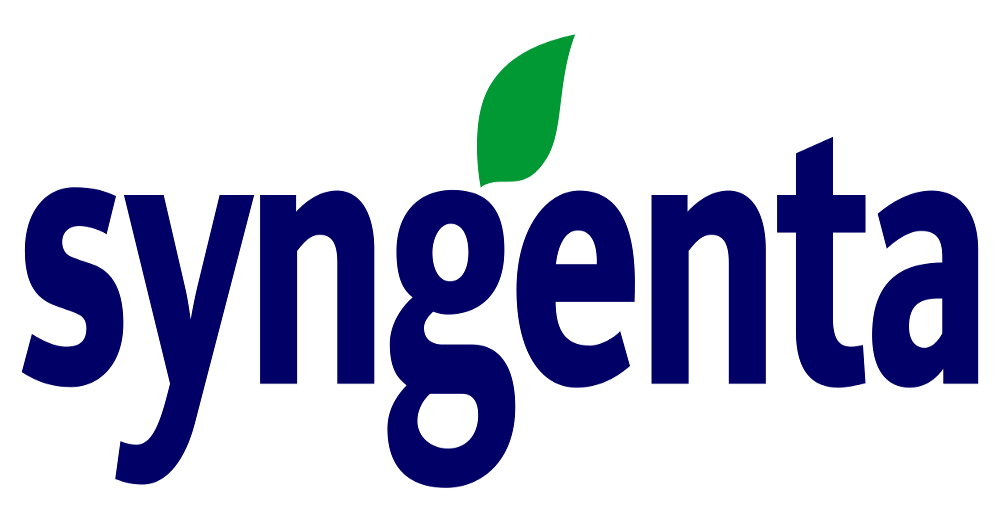
7,000 Kansas Farmers vs. Syngenta over GMO Corn Dispute
Thousands of Kansas farmers claimed in district court in Kansas City on Monday that Swiss agribusiness giant Syngenta rushed its genetically modified (GMO) corn seed to the U.S. market in 2010 before getting China's approval for imports, which rejected shipments of the corn over GMO contamination and caused turmoil in commodity markets.
June 6, 2017 | Source: EcoWatch | by Lorraine Chow
Thousands of Kansas farmers claimed in district court in Kansas City on Monday that Swiss agribusiness giant Syngenta rushed its genetically modified (GMO) corn seed to the U.S. market in 2010 before getting China’s approval for imports, which rejected shipments of the corn over GMO contamination and caused turmoil in commodity markets.
As Bloomberg explains, the plaintiffs claim that “this move, coupled with U.S. corn farmers’ inability to regain a foothold in China once other countries filled the void, almost wiped out the U.S. corn market for several years and continues to depress corn prices even today.”
The plaintiffs are seeking $200 million in lost sales, plus punitive damages.
“Every bushel of corn grown in this country is worth less today than it would have been had Syngenta” waited for China to approve the product, plaintiffs lawyer Scott Powell told jurors.
According to court filings cited by the Associated Press, Syngenta knew Chinese approval was going to be a problem but aggressively marketed its MIR162 corn anyway.
Per the AP:
“Court papers show that Syngenta initially assured stakeholders that China would approve MIR162 in time for the 2011 crop. But the date kept slipping. Some exporters sent shipments containing the trait to China anyway. After two years of accepting them, China began rejecting them in late 2013.”
Syngenta’s MIR162 corn, aka Agrisure Viptera, is genetically engineered to resist pests such as earworms, cutworms, armyworms and corn borers. China did not approve the trait until 2014.
The Basel-based company denies wrongdoing over its product, contending that it was a 2013 corn glut, not China’s rejection, that impacted U.S. corn prices.
“Syngenta acted responsibly when it began selling Viptera in 2010,” company attorney Michael Brock said in his opening statement. “It was a product that farmers wanted and needed.”
